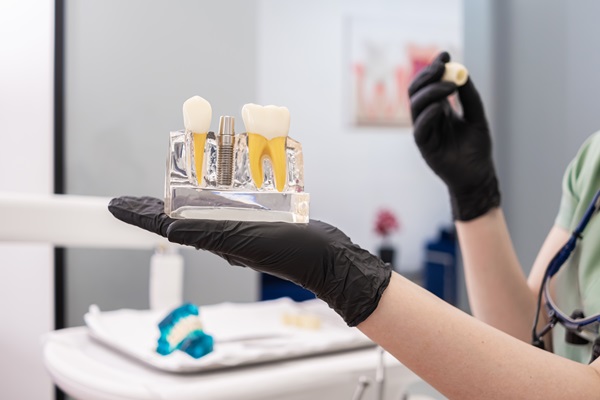Wisdom Teeth FAQs and Treatment Options

If you have wisdom teeth coming in or you have started to experience problems with the ones that already exist, it is important to talk to your dentist. At some point in your life, you may have heard horror stories about wisdom teeth extraction. Now that you are facing the same dilemma, this has probably raised some concerns. Instead of struggling with fear, it is better to learn the facts.
Impacted wisdom teeth
In all, adults end up with 32 permanent teeth. Of these, the four wisdom teeth are the last to appear. While trying to penetrate the surface of the gums, some people have no problem while others deal with a lot of pain. An impacted wisdom tooth is by far the most painful. This means the teeth are either stuck beneath the gum or for some reason, they can only emerge a portion of the way. When struggling with this issue, do not wait to see a dentist.
1. At what age should a person have wisdom teeth extracted?
These teeth, located in the very back of the mouth, typically erupt between the ages of 18 and 25. Many people go through life with their wisdom teeth intact and never have an issue. However, if they need pulling due to impaction, most dentists suggest having them removed around 18. Of course, when one or more teeth become impacted, a dentist can pull them at any age. The surgery for this is just easier on younger people.
2. What are the symptoms of an impaction?
The most common symptom of a wisdom tooth impaction is pain around the area of the tooth, in the lower jaw and on the affected side of the face. Many people develop secondary problems, as well. These include swelling on the side of the face correlating with the tooth, headaches, numbness, unpleasant breath, foul taste when eating, trouble opening the mouth and bleeding gums. If someone experiences one or more of these symptoms, they need to make an appointment with a dentist as soon as possible.
3. What if someone has an impacted tooth but no pain?
The answer to this depends on a couple of factors. Just because someone does not experience pain typically associated with an impacted wisdom tooth does not mean there is no risk for other complications. For instance, an individual could develop an infection. If left untreated, it could enter the bloodstream, causing even more issues. Usually, when a patient has no pain, a dentist will monitor the situation until it becomes necessary to make a decision.
4. What are the potential complications of having wisdom teeth extracted?
Fortunately, most patients do quite well with this surgery. Even so, in cases of severely impacted wisdom teeth, an individual could have some issues following the procedure. These include extended bleeding time, damage to an existing tooth, excessive swelling and pain and dry socket. The latter entails inflammation of the socket where the now extracted tooth once resided. The dentist will provide the patient with a list of concerns as to when a patient should make an appointment.
Stop living with pain
When you have wisdom teeth pulled by a dentist with years of experience, there is nothing to fear. Following surgery, you would take something for pain and use ice to keep the swelling down. In just a few days, you would begin to feel better. Especially if you had an impacted tooth pulled, you would feel like a brand-new person.
Request an appointment here: https://www.drjstearns.com or call Platte Valley Oral Surgery at (303) 997-0220 for an appointment in our Denver office.
Check out what others are saying about our services on Yelp: Read our Yelp reviews.
Recent Posts
Clinical studies show that the dental implant remains the gold standard of dental restorations. Implants can help bring back your smile and dental function. The right dental professional can perform the procedure without any issues. Here are the details on how an oral surgeon approaches a dental implant surgery.Choosing a dentist who has training and…
A missing tooth must get a tooth replacement as soon as possible. An untreated dental gap can contribute to many dental issues. That is why a dental replacement is important. Here are the details on how a tooth replacement can improve your smile.An oral surgeon understands how tooth loss can affect a patient. A tooth…
Learning what an oral surgeon does is a great idea. There are many different types of dental professionals in business, making it necessary to understand the differences between each type of professional. When it comes to oral surgeons, they tend to focus on correcting dental problems using one or more surgical processes.Consultation appointments with oral…
An oral pathology must receive immediate treatment. This can prevent more complications later on. Your oral surgeon can help correct any dental problem. Here are the details about each common oral pathology and its corresponding treatment.This oral pathology results from a bacterial infection because of plaque buildup. Symptoms of this condition include gum bleeding and…


